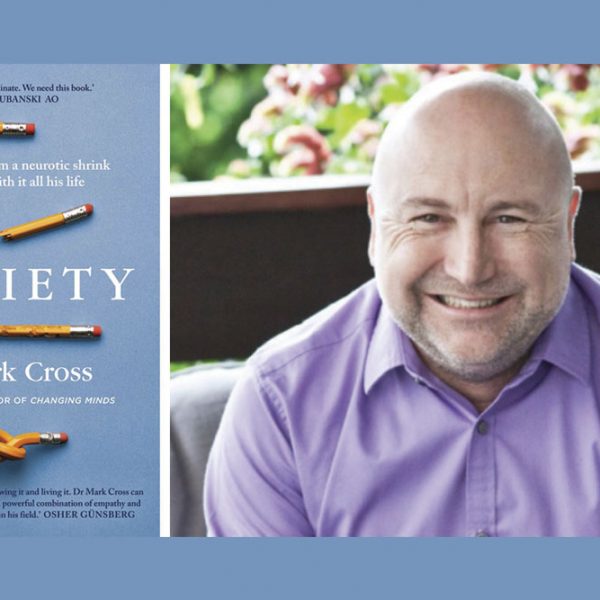The situation.
It was 2007 and this large pet food factory was in trouble. The threat of closure was ever-present and served to intensify the conflict on site. Managements meetings with the Union were contentious and strife-ridden. Management and Union meetings were monthly and usually lasted half a day as the pages of issues within the factory were reviewed. Most issues remained unresolved. Strikes were creating significant lost work time.
“This was definitely a place of uncertainty. There was a lot of dissatisfaction amongst workers and their motivation levels were very low.” Shift Manager
“The factory was often dirty. Injuries were common. We were always under target and most of the workers just didn’t care.” Technical Support Manager
“We were the worst performing factory in the Oceania region. We needed to change what we were doing. When we would try to bring in a new initiative, it would immediately become a union issue. If we wanted anything changed, we’d have to have a study done on it, even small changes. They would find all the problems with it opposed to all the positives.” Production Manager
The approach we took.
On the evening before the meeting, based on feedback via pre-session phone call, I called an impromptu meeting with the MD and the Sales Trainer. I then proposed that the session agenda be adjusted to include a separate session for the Sales Representatives to talk about their concerns with the Sales Strategy. I suggested that the Representatives needed time to explore their concerns with the Sales Strategy without management in the room. Following such a session, I proposed that I present the Representatives views to the combined group. In this way, individual Representatives could remain anonymous, but their combined voice could be heard. The MD and the Sales Trainer were shocked and disappointed that the Representatives did not feel safe to explore their concerns with the strategy in the wider group. They had assumed that their culture was sufficiently open and safe to make such processes unnecessary. They, perhaps predictably, felt quite free to speak, and as Mindell described, their rank may have been at work to make them unaware of the privilege of safe disclosure they enjoyed. They did, however, agree to the change in agenda.
The following process took approximately eight months to be fully delivered. While it may now look like six sensible, perhaps predictable steps, they were, in part, built as we proceeded through the project. This meant they could be devised with, and benefit from, the wisdom and inspiration of the Production Manager. She was our partner in this project.
- One-on-one interviews were carried out with members of the management team and union delegates.
- Conflict resolution workshops were facilitated to clarify those behaviours each party found unacceptable in each other. In addition, each group (one group of managers and several groups of workers) were facilitated to identify their own contribution to the problematic dynamic between the two parties.
- Meetings were facilitated with management and representative workers to establish clear performance measures and associated behaviours for all workers and management.
- The Leading Courageous Conversations program was delivered to management and workers to significantly increase communication skills. This two-day program was delivered in one day sessions, separated by three to four weeks. This program was intended to; increase the ability of workers to raise concerns directly with management rather than prematurely striking or gossiping, and increase the ability of management to raise concerns with workers in skillful and respectful ways.
- Phone interviews were conducted with shift managers and factory shift workers throughout the process to clarify progress made and required next steps.
- Ongoing one-on-one coaching was provided for the production manager and her team of three shift-managers.
The results.
Eighteen months after the project began, the factory had become the new benchmark for high-performance factory operations across the region. It has gone from a factory losing many hundreds of thousands of dollars each year to being highly profitable. The factory is clean, morale is high and worker accountability for how the factory performs is the norm. Likewise, management used their power with much more awareness.
The following summary of the changes was provided by the Production Manager, who was deeply convinced about the power of the approach we took in managing these difficult challenges which existed at the Factory.
What the client had to say.
“We put together our business targets and expectations and put them before Paul. He suggested I put myself into the operator’s shoes and consider how they might perceive these expectations. We re-worded all these and we were so lucky that we had done that because you could just see the difference in how they responded. We thought we were doing the right thing being open and clear about our expectations, but in fact we were highly demanding and unnecessarily dictatorial. We started by turning the words around so that there was a common positive outcome for us AND the operator level. They began to get involved in this critical work.
We formed small work groups where we told them where we needed to get to (to avoid the factory closure); we engaged them by saying, “you tell us how we are going to hit these targets.” It was a great learning in terms of involving the operators and building participation. No surprises in retrospect, once we had won back some trust with them, the workers were extremely insightful on how to turn things around.
Even though you hear it all the time, we didn’t realise the impact that us ‘demanding’ rather than consulting had on the business and the relationship between us and the workers. It was a big learning for us that came from our work with Paul.” – Production Manager
“Production Managers from all over the world want to come and spend time here and see how we turned things around” – Production Manager
“I have gone through a lot of management development training in my years and Paul has been one of the most influential I have ever come across.” – Shift Manager



